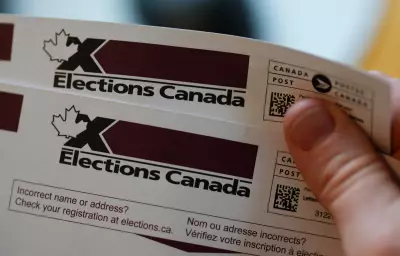
Northern Ontario municipalities are raising red flags about a concerning financial reality: they have minimal control over two of their largest budget items - police services and public health units.
As communities across the region grapple with budget planning, local leaders are discovering they're essentially writing blank checks for these essential services with little ability to manage costs. This financial constraint is creating significant pressure on municipal budgets and local taxpayers.
The Budget Control Dilemma
Unlike other municipal departments where councils can exercise direct oversight and make adjustments, police and health unit budgets operate under different rules. Municipalities are required to fund these services but lack the authority to substantially influence spending decisions or implement cost-saving measures.
This arrangement leaves local governments in a difficult position - responsible for funding services they cannot effectively manage or control. The result is often budget shortfalls that must be addressed through cuts to other community services or increased property taxes.
Growing Financial Pressure
The situation is particularly acute in Northern Ontario, where many communities face unique challenges including smaller tax bases, aging infrastructure, and increased service demands. With police and health budgets consuming substantial portions of municipal funding, the limited control creates a perfect storm for financial strain.
Local officials report that these mandatory budget items are growing faster than municipal revenue sources, creating an unsustainable financial model that could impact other essential community services.
Call for Solutions
Municipal leaders are increasingly vocal about the need for greater input into these budget processes. Many are advocating for reform that would provide municipalities with more meaningful participation in decision-making while maintaining the essential nature of these services.
The conversation highlights a broader discussion about municipal finance reform and the balance between essential service provision and local fiscal responsibility.





